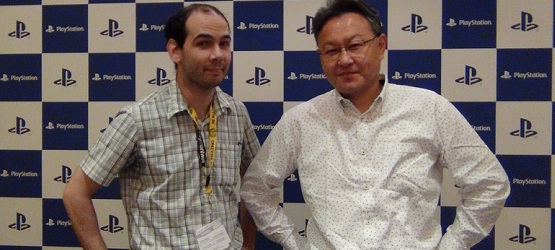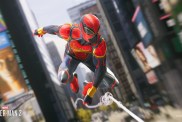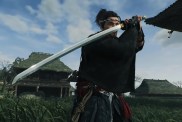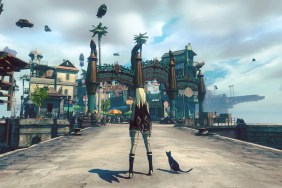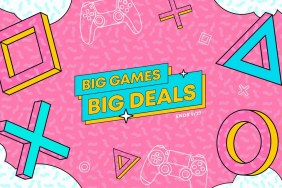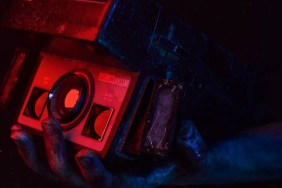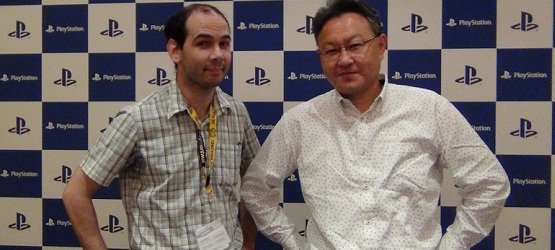
At the Tokyo Game Show, I talked to Sony Worldwide Studios president Shuhei Yoshida alongside a couple of other games writers whom I didn’t know. We had a little chit chat about PlayStation VR, digital sales, and some upcoming games.
Writer: About The Last Guardian —
Shuhei Yoshida: Yes, it’s still in development.
PlayStation LifeStyle: How far?
Yoshida: Well the team’s been working on it for eight years and we’re targeting a release next year. The game is playable. There are lots of levels and parts and systems being done. It’s in really good shape.
In the transition from PS3 to PS4, the concept and basic idea has been kept, but PS4 allows larger levels and longer draw distance and beautiful effects, and of course the AI can improve.
PSLS: How do you determine the level of marketing and promotion that a game gets before launch? It seems like some critical darlings and good-sellers (recent example: Until Dawn) get little push compared to some others. What are the deciding factors?
Yoshida: Each region has its own marketing department with its own goals for a year and its own budget for the year. Of course there are lots of relations among the regions and Worldwide Studios, but differences could be based on the popularity, like of the genres or titles. Each marketing department makes the final decision how much a particular product gets pushed.
That said, sometimes games like Until Dawn find great reception from reviews and consumers after launch. In that case, some additional marketing push can be created to sustain the momentum post-launch. I hear great support continuing in all regions [for Until Dawn]. It’s not like Uncharted, but still, our marketing departments are responsive to the reactions from consumers.
PSLS: Are there any areas of software support (genres or whatever) that you think need improvements?
Yoshida: Well there’s always room for improvement, especially for our own titles. Sometimes we have to spend more time that we originally expected, especially from PS3 to PS4 eras, because there are more things teams are finding they can do. Now, teams are trying to provide open worlds and give people freedom to enjoy and find out their own way of playing a particular game.
Like the new games we announced this week, Gravity Rush. Both of them are now working on much larger open worlds. These games tend to take time to develop. Once the games are out, I’m sure players will be satisfied, but it’s always a challenge to make the game direction more efficient — to release titles in a timely fashion.
Related: Hands-On with Gravity Rush on PS4
Writer: How popular are digital downloads becoming?
Yoshida: Almost every month, we see the number of downloads increasing. It’s a huge jump from PS3 to PS4. More and more people are finding the digital version as the more attractive version to them.
PSLS: About what percentage of sales are digital?
Yoshida: Depends on the title. But some of the high(est) numbers I see are over 20%.
PSLS: You mentioned Gravity Rush and that brings to mind Gravity Rush 2 being revealed for PS4 but not Vita, which is where Gravity Rush started. There’s kind of a mix of bitterness and excitement there to experience that on PS4. I’m saying things you already know.
But that brings to mind this question: Do you feel that Sony gave Vita enough first-party software support from launch to now?
Yoshida: Oh yeah, absolutely. At the launch of PS Vita, we had like over 10 games — original titles. Our role is always to be challenging something somebody may not be prepared to do. In terms of the Gravity Rush 2 decision, it was made very early that we decided to move it to PS4 only.
It’s an open-world game and the vision has really large potential in terms of realizing higher performance. The team did a really good job to create an open-world game with the first Gravity Rush on a portable, but when we’re able to show more about Gravity Rush 2, I’m sure people will totally understand why we made it PS4 only.
PSLS: Was there like a spinoff or an alternate Gravity Rush ever considered for Vita as well? What I mean is, hypothetically, maybe put Gravity Rush 2 on PS4 and [some kind of prequel] or something on Vita? Or did that never come up?
Yoshida: We’re not talking about anything. We just announced Gravity Rush 2.
Writer: Your E3 lineup was one of the strongest in years. Any specific strategies to keep up that momentum? And is there going to be a God of War for PS4?
Yoshida: Well, that last part, I have no answer for that. But the first part, there’s huge momentum behind PS4. There is only market that is not ah… you know, not that high on PlayStation 4, and that’s Japan. Asian market, it’s great and we’re so, so happy the people in Asia are embracing PS4. It’s the fastest growing PlayStation platform ever, in Asia. But Japan was a slow, slow war.
It can be explained from a consumer perspective. When you look at the games available last year, most of the games from Japanese publishers on PS4 were also available on PS3. And most of the games were originally developed for PS3, and some games are upgraded. If you remember, that was the case when we launched PS4 globally. In many cases, Western publishers were developing games for PS3 that also got updated for PS4, like a higher resolution version available on PS4. So it’s almost like a year behind, from the Japanese publisher standpoint in terms of allocating their development.
I was very happy to see at this year’s conference many titles clearly targeting the PS4 generation. Some games are only for PS4 like Ni-Oh from Koei Tecmo. I was very excited to see that presentation. It’s like the Souls games. It’s very hard, you know, difficult.
PSLS: And you love those.
Yoshida: Yeah! You know, clearly — and also, business. When you look at the success of Metal Gear Solid V, the PS4 version is outselling the PS3 version at launch. So all things considered, Japanese publishers are really bringing their best effort for PS4. And again, it’s our job as first-party to lead that effort, going back to your question about Gravity Rush on PS4. We want to persuade people to upgrade to PS4.
PSLS: So Project Morpheus…or PlayStation VR is nearing release and we see third-party support, so we were wondering: how much software support from PlayStation first-party, in the years after launch?
Yoshida: Mmmmm, that’s a good question. Of course, we know exactly what we are developing, and we are developing a variety of titles. Many, we have not disclosed as yet. In showing games from different studios, there are games for core gamers for VR. We could show more from first-party, but luckily, third-party is very active now, and I’m very happy to see that almost all Japanese publishers are working on VR versions of their IPs like Final Fantasy XIV and Danganronpa and Hatsune Miku.
Looking at it, because it’s so new, you can create a really totally amazing experience with small resources if you have the right idea. One example is a game called Head Master, it’s a soccer game I’m sure you remember from E3. This game was developed by small indie development, but everybody really enjoys that game. You have your headset and you see the goal and the ball and you practice heading the ball. So, from now to launch, we still have lots of time and I’m encouraging small developers that even if you start now, with the right idea, you can get the game done for the launch of PlayStation VR. Some developers are reacting to that. I have a very optimistic view of the variety of games and experiences available at launch.
And with that, our time was up. The PR representative pressed a shoulder button, I began to float, then I was aimed at the sky and sent soaring through the air, back to Makuhari Messe. I think it happened that way, at least. It’s hard to tell with fuzzy recordings and the fallibility of memories.
See Hands-On Previews of Big Games From TGS:
Now Loading...TGS 2015
-
Now Loading...What Did You Think of Sony's TGS 2015 Press Conference?
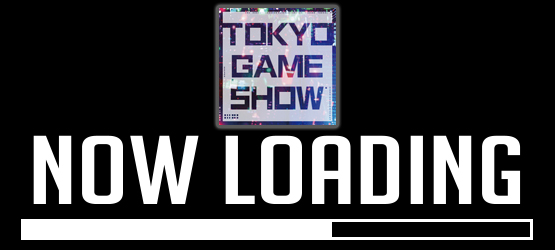
-
Alex Co
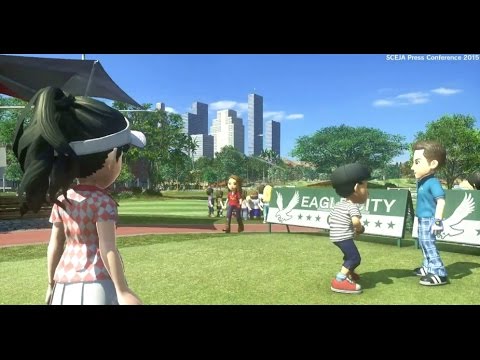
I admit, I thought this year's Sony TGS presser was going to be a snore-fest save a quirky game or two.
Boy! I'm so glad I was wrong. I was floored with how many games and announcements Sony was able to roll out. I mean, they have Paris Games Week and PSX later this year, so surely, they can't have any bullets left after E3, right?
Apparently, they do! While we got our fair share of JP-only games, Western audiences got what they were hoping for and then some. PS4 price cut? Check! PS4 face plates? You betcha! Oh, and one thing it trumped E3 on? Sony showed some Vita love during its TGS presser! I loved that and I hope it continues.
Needless to say, I can't wait what surprises Sony has in store for us at Paris Games Week and PSX.
-
Zarmena Khan
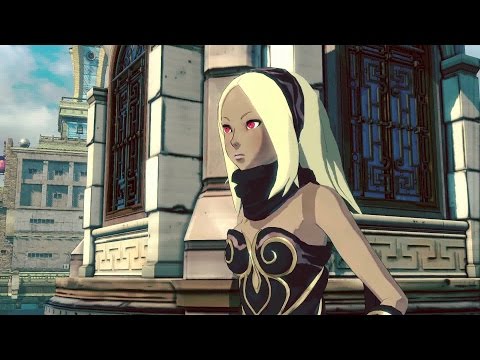
I think Sony's TGS conference was slightly better than its E3 presentation. Gravity Rush remaster, Gravity Rush 2, and Bloodborne sales + expansion are just a few of the many announcements that stood out to me. The one thing I did gather from social media was that people really want Sony to help bring some of the titles on display to the West. And I agree. That'll be the icing on the cake, really.
-
Tyler Treese
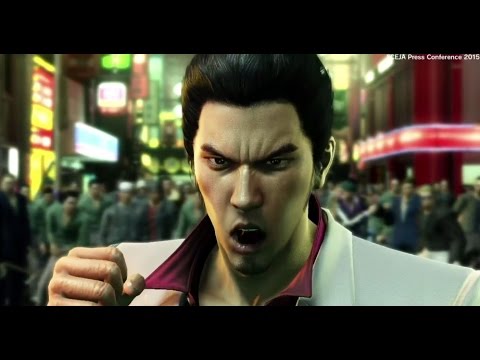
I was very pleased with Sony's TGS 2015 press conference. While a lot of the announcements were already known (Gravity Rush 2, Hot Shots Golf PS4), it was still great to see that the projects were alive and coming soon. It was well worth staying up late to watch!
-
Cameron Teague
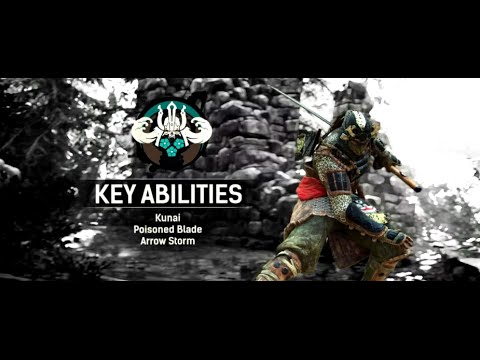
I think Sony has finally got a handle on how to properly pull off an impressive conference. It is all about the games and Sony has proven again, just like they did at E3, that they have some amazing looking games in the pipeline. There was a little bit of everything shown off, from Hot Shots Golf to Yakuza, and almost everything shown looked interesting to me.
-
Mack Ashworth
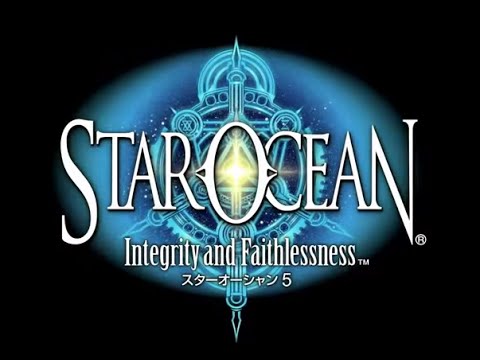
I really didn't expect to hear as much news as I did, considering how close Paris Games Week and PlayStation Experience are! More announcements for new games made me very happy indeed, especially those coming to the PS Vita!
-
Michael Briers

Like everyone else, I was also taken aback by Sony's strong TGS 2015 showing, and I think the company's decision to forego gamescom really paid off dividends. A substantial 10% price cut for PlayStation 4 may be a symptom of Japan's ailing console market, but at least it can be seen as a statement of intent as Sony looks to ratchet up that worldwide install base.
Software-wise, Gravity Rush 2 and Bloodborne DLC were the icing on the cake, and it's nice to finally know that Project Morpheus' consumer-ready name will be plain and simple: PlayStation VR. All we need now is that elusive price tag.
